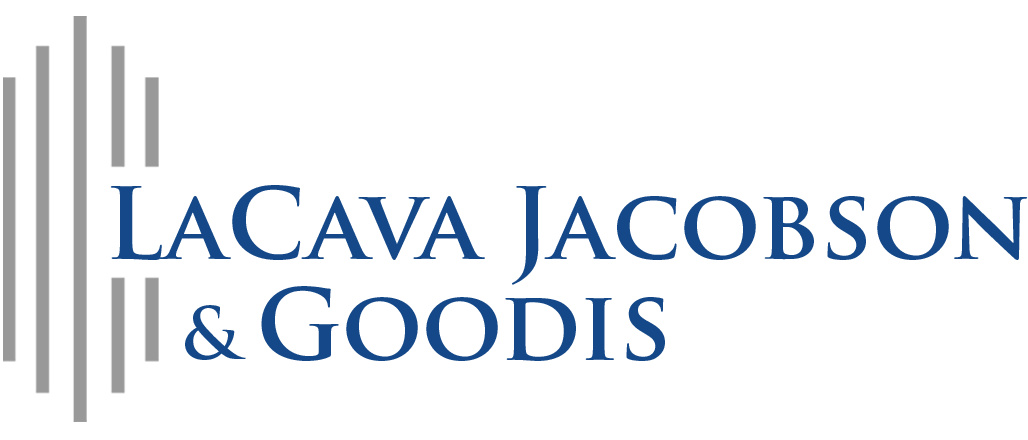Florida Law Weekly March 15, 2015
Millard Mall Services Inc. vs. Bolda (4th DCA)
In this case, the Court addressed the issue of whether incident reports and other documents prepared following a slip and fall incident were subject to discovery. The plaintiff argued that she could overcome the work product privilege asserted by the defendant. Specifically, the plaintiff sought all records and incident reports regarding her incident as well as any other substantially similar acts or occurrences on the defendant’s property within the past three years, any and all documents concerning maintenance or cleaning of the subject premises at the time of the incident and documentation regarding maintenance of the premises by outside companies. In objecting on the basis of work product, the defendant submitted affidavits stating that the documents (which included quarterly safety committee reports) were not discoverable because they included photographs, notes of discussions surrounding the incidents and mental impressions. The trial court ordered the production of documents. The Fourth District Court of Appeal quashed that Order.
Conducting an analysis with respect to when work product materials may be produced, the Court noted that Florida Rules of Civil Procedure 1.280(b)(4) provides that any party may obtain work product materials prepared in anticipation of litigation only upon a showing that the party seeking the discovery has the need of the materials in the preparation of the case and is unable without undue hardship to obtain the substantial equivalent of the material by other means. The Court noted that pursuant to the Florida Rules of Civil Procedure, the party seeking the discovery must show that documentation sought contains relevant information. Only when the showing can be made will the Court order the documents to be turned over. The rationale behind the work product doctrine was noted to be that one party should not be entitled to prepare his case with the investigative work product of his adversary where the same or similar information is available through ordinary discovery procedures. Additionally, the Court noted that work product protections extend to information gathered in anticipation of litigation by corporate non-attorney employees. Importantly, the Court noted that even where a report is routinely prepared it may still qualify as work product. Ultimately, the Court found that because the plaintiff had been permitted to use the ordinary tools of discovery to obtain the information she needed, she was not entitled to the defendant’s documents.



 litigation and appeals in all Florida state and federal courts.
litigation and appeals in all Florida state and federal courts.